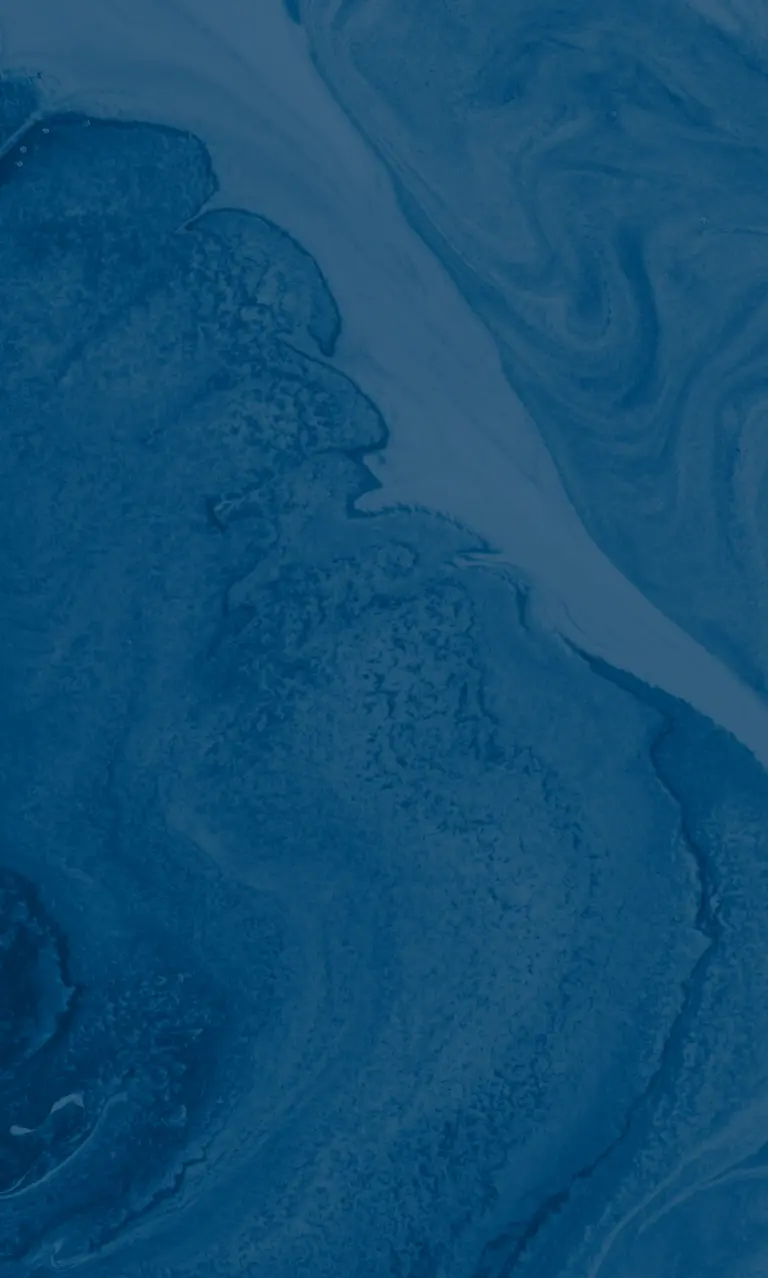Covased Platform for managing dredged sediments and developing their economic potential
Ensuring adequate draught for the passage of vessels involves major issues relating to harbour access and maintaining access to port facilities. The presence of contaminants in sediment makes the process of authorising dredging works a complex one, subject to strict regulations governing how the quantities of dredged materials are managed on land. In France there are now ten million cubic metres of dredged sediments on land requiring processed. The first COVASED project platform will be developed in Dunkerque Grand Port Maritime.
The platform for processing sediments and developing their economic potential will be capable of dehydrating significant quantities of sediment in a continuous process. Mobile and easily replicated, the platform's operating costs will be highly competitive compared to the current industrial options available, and it will have low carbon-emission levels.
The platform will also deploy a decision-making tool to optimise the various pre-treatments selected on the basis of the characteristics of the sediments and the industries involved in their economic development on land. .
The economic potential envisaged will depend on the mechanical, environmental and economic performance of the product obtained. In the case of high-performance products, interest will focus on creating alternative construction materials and on formulating eco-friendly binding agents (road infrastructure, foundation layers, embankments, etc.). Where the end product performs poorly and where the sediment is contaminated, research will focus on other possible applications, such as infill.
The COVASED research and development platform will identify existing new industries for developing sediment-based products at a regional level in Nord-Pas-de-Calais and will then be capable of being transferred for use in other regions.
Partners
Entreprise
- Setec in vivo, La Forêt-Fouesnant
- Sedigate, Caen [Porteur de projet]
- Valgo, Portet-sur-Garonne
Centres de recherche
- Laboratoire M2C (laboratoire Morphodynamique Continentale et Côtière), Université de Caen
- École Centrale de Lille
Funders
- Fonds Unique Interministériel
- Conseil régional de Bretagne
- Conseil régional de Basse-Normandie
- Conseil régional du Nord-Pas-de-Calais
- Conseil départemental du Finistère
